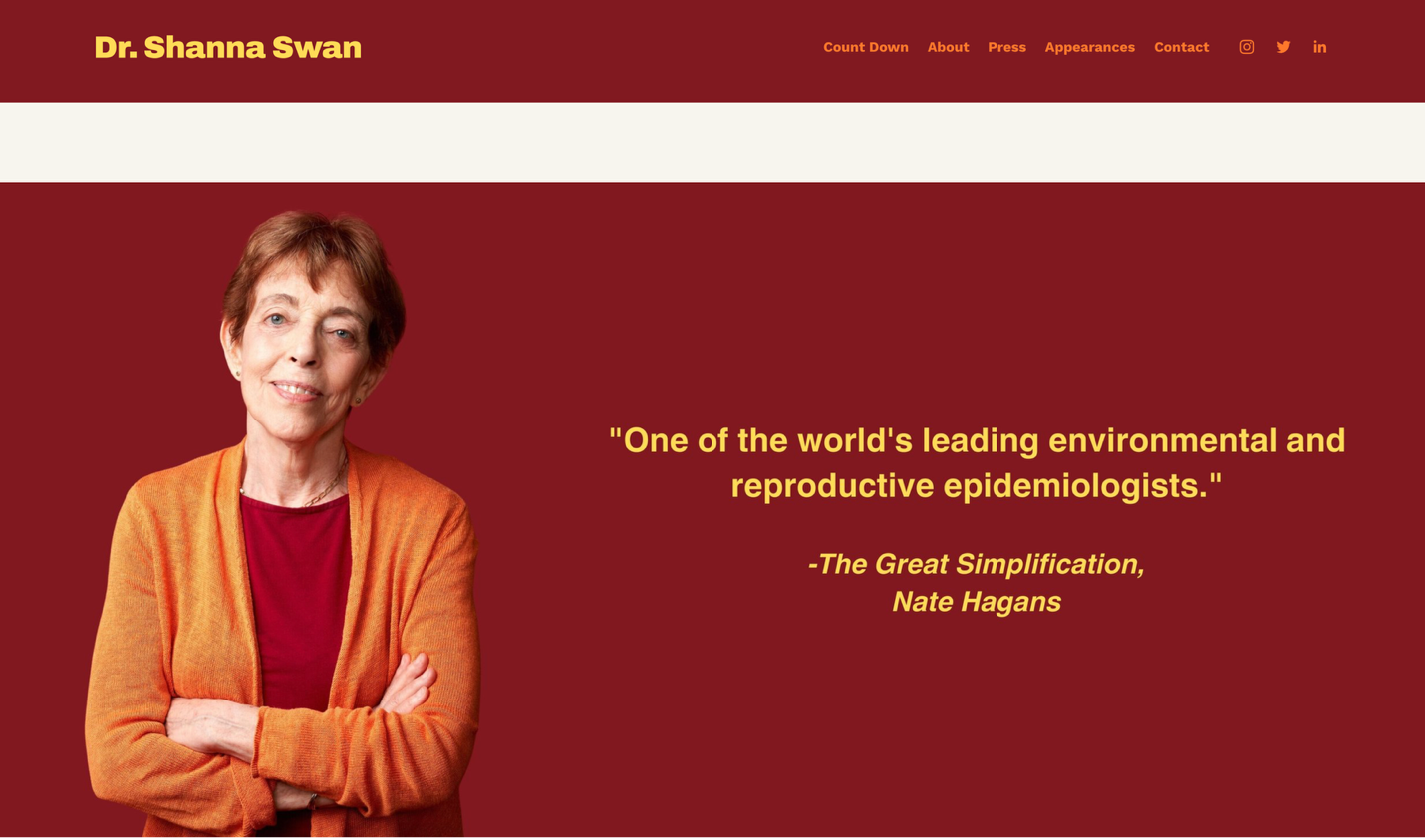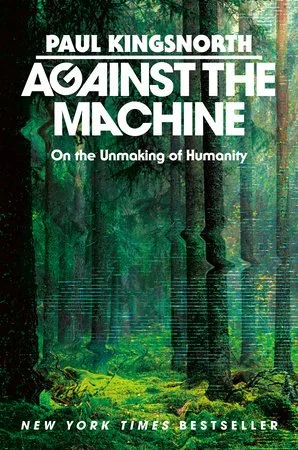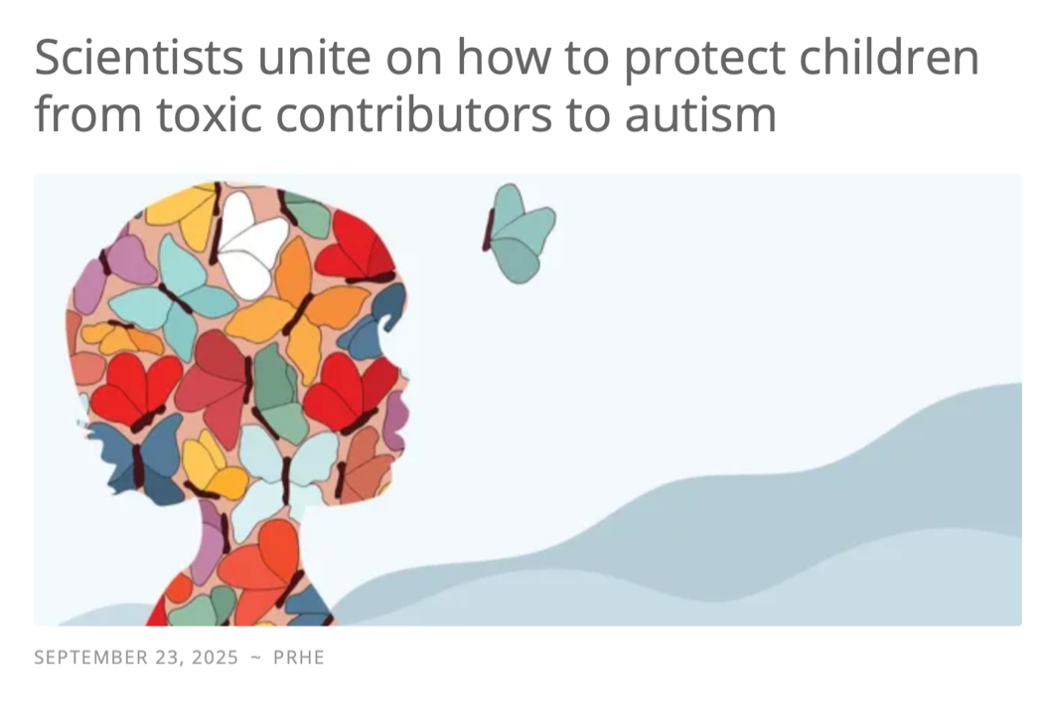True Wealth: How and Why Millions of Americans Are Creating a Time-Rich, Ecologically Light, Small-Scale, High-Satisfaction Economy
By Juliet Schor. Penguin, 2011.
Deep Economy: The Wealth of Communities and the Durable Future
By Bill McKibben. MacMillan, 2007.
This summer, first-year students on the Lisle Campus of Benedictine University, where I teach, were reading True Wealth. Juliet Schor argues that we need to be more, not less, materialistic by consuming and throwing away fewer new goods and appreciating and caring for what we have, a philosophy she calls plenitude and that could not be more Benedictine in its attitude towards creation. Her credentials as an economist are essential in making this argument, and she backs up her claims with hard data, easy-to-follow graphs, and a historical analysis of the major economic theories that have led to the fix we are in. Those who have read Bill McKibben’s Deep Economy, as incoming Benedictine students did several years ago, will find True Wealth familiar terrain, but the approach and the stories are new. They share an examination of the new research on happiness, which shows that money is only strongly linked to happiness up to a basic sufficiency. After that, happiness actually declines slightly with more lavish wealth. The best parts of both books are the inspiring visions of futures that are more sustainable and equally happy. McKibben eats local hamburgers and investigates green communities; Schor opines on the joys of self-provisioning and the careful curating of second-hand treasures. Both of these books are uplifting, enlightening books, and if you are unfamiliar with the principles of sustainable economics, they may be earthshaking.














